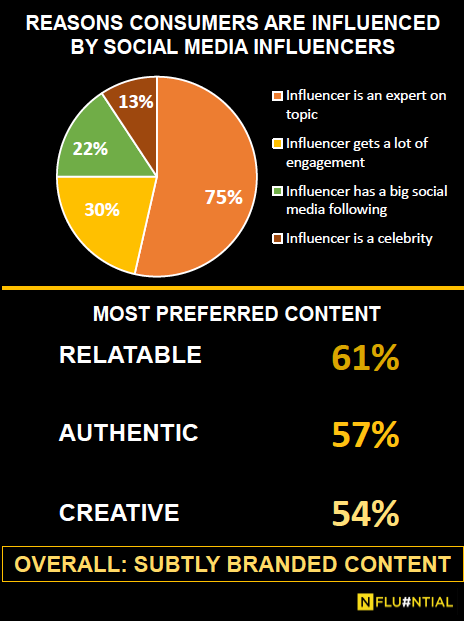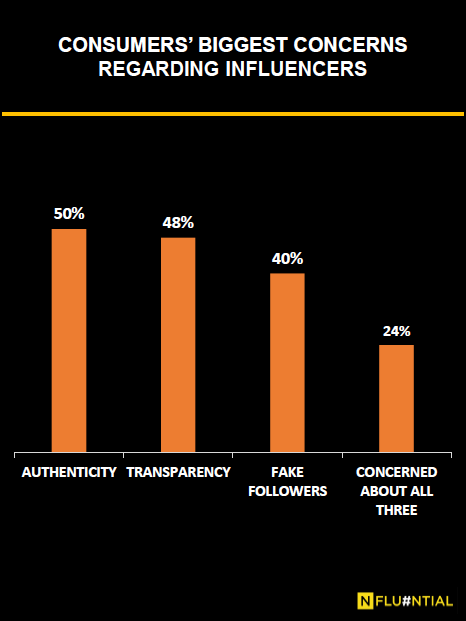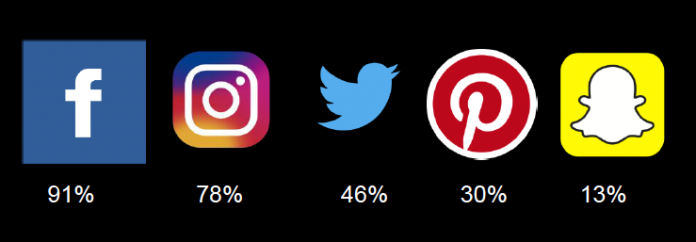Nfluential conducted a digital survey to gain insights into South African consumers’ social media behaviour and sentiment towards influencers and their content.
The survey had 808 respondents between the ages of 18 and 65, with the bulk of the respondents being in the 26–35-year-old age group, and more female respondents. The findings showed that Facebook is still the most popular local social media platform used, with Instagram and Twitter coming in at second and third respectively. Twitter started growing in South Africa in 2018, and Instagram is growing at a rapid rate. This correlates with the feedback received in the survey, with 78% of respondents citing it as their favourite social media platform.
The Nfluential digital survey also found that users are increasingly looking for authenticity and relatable influencer content. The days of influencers promoting any and all brands on their timelines and not putting much thought into the content and copy are gone. This could mean that consumers, in general, are losing confidence in traditional advertising. They want to see content to which they can relate, that is authentic and that is not brand-heavy advertising.

Even though the graphic above shows that consumers respond favourably to influencer marketing when it’s done right, they have their concerns.

The top three concerns cited by respondents were the authenticity of influencers, transparency when they are participating in campaigns and lastly but not least, 40% said they have concerns over influencers having fake followers.
So often we think that only brands have concerns, but in the digital age, consumers aren’t easily hoodwinked. This is yet another reason why strategy is important when brands want to roll out influencer campaigns. Using the incorrect types of influencers with the wrong content can lead to campaigns falling flat.
Influencers are the perfect hybrid. While they post content that their followers can relate to or like engaging with, they are also good at weaving in product messaging that subtly provide advertising for brands. It works. Further findings showed that through authentic and relatable content, 77% of respondents were introduced to new brands, which means awareness was created successfully through influencer marketing.










